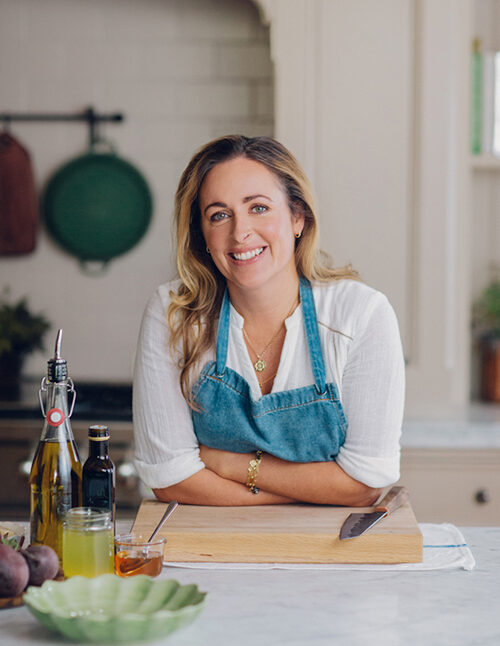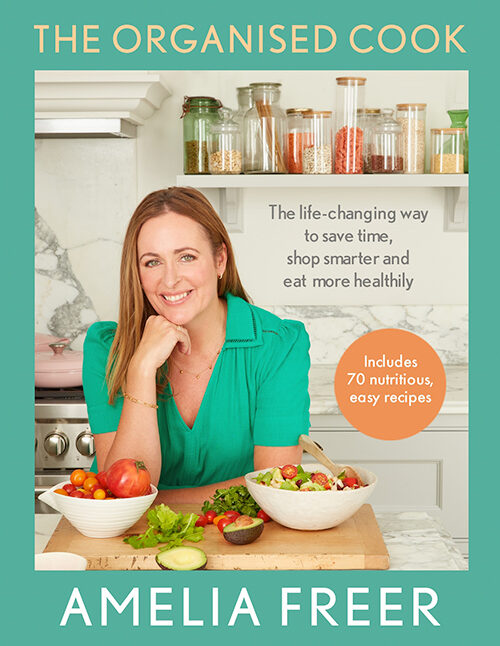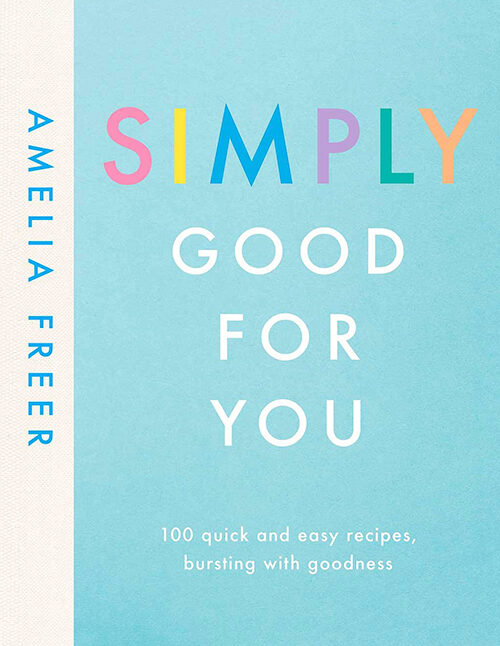Question: I’m eating in the way you recommend but I find it so expensive. How can I make it cheaper?
Oct 2022
Amelia’s response: Eating a very nutritious and balanced diet is not, sadly, the cheapest way to eat. Buying lots of fresh fruits and vegetables, high quality proteins and minimally processed carbohydrates all adds up, especially when we aim for maximum variety too.
Having said all that, I do think there are sensible ways that we can help to stretch our weekly food budget. There will always be a degree of compromise when it comes to this topic – cheaper options may mean a little less variety or a little more preparation time. But for the most part, and with a little planning, I think we can still enjoy our food, and eat a good enough diet, and hopefully also cut costs a bit.
Here are a few ideas that might be worth considering:
ONE
Cut down on meat. High quality meat is expensive (which reflects the cost of rearing animals well), so save it to have just once or twice a week (or less). Then make that meat go further by stretching it out with pulses and vegetables, and using any bones or leftovers to make stock.
TWO
Minimise all food waste. Throwing food away is literally throwing money away, so have a good few ideas up your sleeve for how to handle forlorn vegetables or ends-of-things. Fritters, stews, soups and frittatas all work well as a way to use up leftovers. Keep a ‘sad fruit bag’ in the freezer too – anything looking a bit past it’s best can be peeled, roughly chopped and added to the bag for future crumbles or smoothies. Overripe bananas make the best Banana ice Cream, protein pancakes or a banana bread (my recipe is in Simply Good For You), for example. Bits of bread can be blended and frozen as breadcrumbs. The list goes on…
THREE
Always plan ahead. A rough meal plan will go a very long way to helping you enjoy a varied diet, while minimising food waste and cooking time. It doesn’t need to be fancy to be effective. But it will definitely help guide you to buy only what you need and will use that week.
FOUR
Buy in bulk. Things like lentils and chickpeas, for example, can be cheap as chips if you buy them dried in bulk. I then soak a huge batch overnight, cook them the next day and freeze them in portions. Do be careful cooking your own red kidney beans, however. If they are not prepared and cooked properly and at a high enough temperature, they can make you unwell. I also bulk buy various grains, flours, seeds, nuts etc. Real Food Source is a great place to go for cost-effective nuts and seeds.
FIVE
Don’t overlook the frozen aisle. Alongside staples like frozen peas, often things like berries, mango, spinach, avocado (yes really!), beans (green and broad) and even oily fish like mackerel and wild salmon are much cheaper frozen than fresh. They’re no less nutritious, and with a little imagination, can be just as tasty as fresh. The same often goes for tinned produce – just look at the ingredients labels to avoid ones with added sugar / salt where possible.
SIX
Don’t worry too much about organic. Of course, I will always support and endorse organic farming, but it does come with a price premium. It’s always better to eat the fruits and vegetables you can buy, rather than not because they’re not organic.
—
Finally, I want to reiterate that sometimes the maths still doesn’t add up however much we try. So please, please don’t load extra pressure onto yourself if you’re not able to eat as healthily as you usually do right now. Our bodies are amazingly resilient really, and it’s important to see this period of time within the context of our whole lives of healthy eating, rather than worrying too much about exactly what we are having right now. Just do your best, and remember that nutrition is only one part of healthy living. Perhaps you could switch your focus to improving sleep, quitting smoking, moving more, reducing stress or building social connections instead for the time being.
MORE TO EXPLORE
Please note that the information on this website is provided for general information only, it should not be treated as a substitute for the medical advice of your own doctor or any other health care professional providing personalised nutrition or lifestyle advice. If you have any concerns about your general health, you should contact your local health care provider.
This website uses some carefully selected affiliate links. If you buy through these links, we may earn an affiliate commission, at no additional cost to you. This helps to keep all of our online content free for everyone to access. Thank you.



